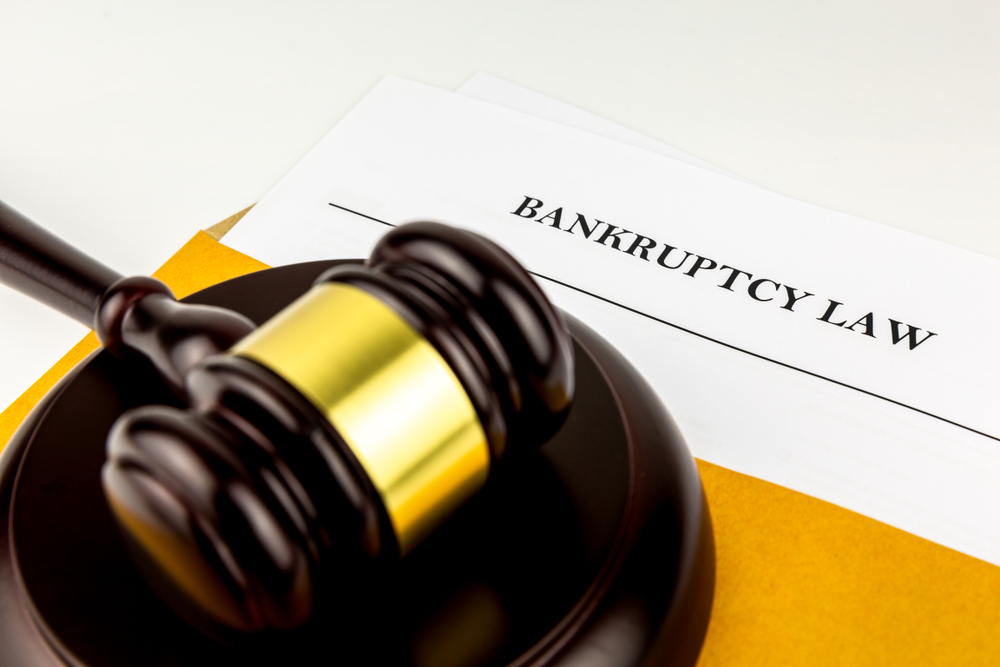When you grapple with debt, it can feel difficult to keep your head above water. Even when you make every effort to pay back overdue bills and late notices, sometimes it is just not enough. And when this happens, some creditors will seek a court order to make your employer withhold a certain amount of your wages from your paycheck to reimburse the debt. If you are experiencing this yourself, know that all is not lost. When you file for bankruptcy to stop garnishment, you can give yourself the time you need to sort out your finances in a way that works for you. The Atlanta bankruptcy lawyers at CMC Law have the tools and expertise you need to help you resolve your debt.
Atlanta Bankruptcy Lawyers: What is Wage Garnishment?
According to Atlanta bankruptcy lawyers, wage garnishment is when a creditor is granted a court order that dictates your employer to hold back a portion of your wages. That amount is sent directly to the creditor each month until your debt is paid off. In Georgia, your creditor can take up to 25% of your wages. However, if your disposable weekly income is under $217.50, then your creditor is not permitted to garnish your wages.
Common Forms of Wage Garnishment
When you work with your Atlanta bankruptcy lawyer, they will review the type of wage garnishments you are facing to determine the best course of action. However, there are two categories that your garnishments will fall into: federal and state. Garnishments are ranked by importance and if yours fall into both categories, then you will be required to pay the federal garnishments first before you can take care of the state garnishments.
Federal Garnishments State Garnishments
Child Support Income Tax
Alimony Credit Card Debt
Spousal Support Medical Bills
Federal Student Loans Personal Loans
Filing for Bankruptcy to Stop Garnishment
Your Atlanta bankruptcy lawyer may advise you to take a few steps before filing for bankruptcy to stop garnishment, including filing a traverse against the garnishment or settling the debt in a lump sum. If your individual situation does not allow for these actions, then they will advise you to file for bankruptcy. While this is often the last resort in this case, it can be advantageous because once you file, an automatic stay is placed on your creditor. This prevents them from taking any recollection actions against you and stops garnishment while your bankruptcy filing is processed. However, it is important to note that there are certain types of debt that an automatic stay cannot protect against including child support.
Once your Atlanta bankruptcy lawyer files for bankruptcy, your creditor will be obligated to make arrangements with your employer to restore your paycheck to its pre-garnishment balance. You can also follow up with your creditor personally if you would prefer to handle it yourself.
Once your bankruptcy case is closed, your automatic stay ends. In most cases, your bankruptcy judge will dismiss your debt so your creditors can no longer garnish wages from your paycheck.
However, a discharge is not always guaranteed and if your case is dismissed without it, then your creditors can resume garnishing your earnings.
Work with Atlanta Bankruptcy Lawyers to Stop Garnishment Today
Depending on your financial circumstances, filing for bankruptcy to stop garnishment can give you control over your debt so that you can allocate payments in a way that fits your current budget. The Atlanta bankruptcy lawyers at CMC Law will work hard to consolidate or discharge your debt so that you can get back to living the life you deserve.
Contact us today to schedule a free consultation.
At CMC Law, we will serve you honestly, ethically and zealously to help you establish and maintain a debt-free lifestyle.

